Books by the Decade
friedag
17 years ago
Related Stories

FURNITURE6 Decades-Old Designs That Look Better Than Ever
After getting a few nips and tucks, some favorites from the ’60s and ’70s have made a stylish comeback
Full Story
MIDCENTURY HOMESMy Houzz: Two Decades Hone a Ju-Nel Home to Perfection
'Well-marinated' renovations turn a 1959 home in Dallas into a comfortable, open modernist wonder
Full Story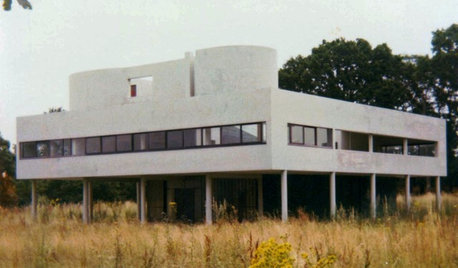
COLORTake a Tour of Popular Colors Through the Decades
Journey back in time to see how culture and the economy have affected the colors of our homes
Full Story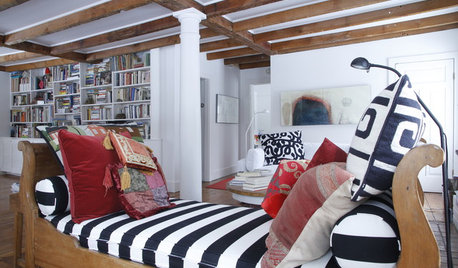
HOUZZ TOURSMy Houzz: 38 Years of Renovations Help Artists Live Their Dream
Twin art studios. Space for every book and model ship. After four decades of remodeling, this farmhouse has two happy homeowners
Full Story
BOOKSBook Tour: Contemporary New York City Architecture
John Hill's guide to NYC highlights the most notable homes and buildings from 2000-2010
Full Story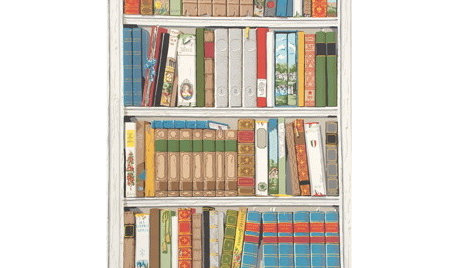
DECORATING GUIDESRooms Take a Page from Book Wallpaper
Turn your walls into well-read companions even without a library, using the novel design idea of book wallpaper
Full Story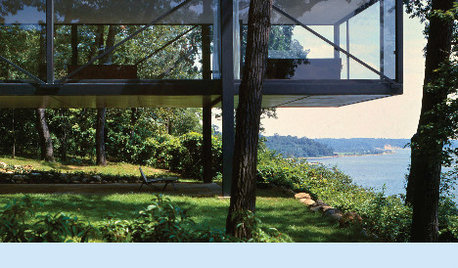
BOOKSBook to Know: 'Long Island Modernism 1930-1980'
Photographs mix with social history from the architectural highlights of Long Island's suburbanization
Full Story
TASTEMAKERSBook to Know: Design Advice in Greg Natale’s ‘The Tailored Interior’
The interior designer shares the 9 steps he uses to create cohesive, pleasing rooms
Full Story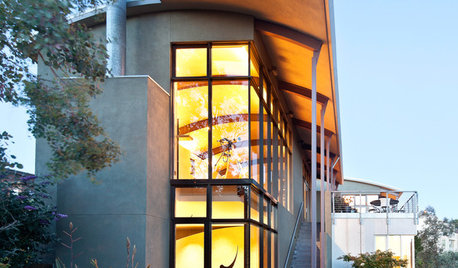
ARCHITECTUREMust-Have Book: ‘A Field Guide to American Houses’
Be the architectural historian of your neighborhood with this invaluable updated version of a well-researched classic
Full Story
LIFE'Not My Precious Books!' — Pain-Free Ways to Declutter Your Library
Have your books and neatness too, with these ideas for paring down and straightening up a beloved collection
Full Story


bookmom41
dynomutt
Related Discussions
Brent Dickerson's Books
Q
Dawn, How's the book?
Q
Here come the May flowers, and lots of books to read this month
Q
Crazy-Making Book Titles
Q
woodnymph2_gw
martin_z
janalyn
friedagOriginal Author
dynomutt
Chris_in_the_Valley
cindydavid4
Chris_in_the_Valley
cindydavid4
cindydavid4
vickitg
friedagOriginal Author
martin_z
veer
friedagOriginal Author
woodnymph2_gw
martin_z
carolyn_ky
bookmom41
Chris_in_the_Valley
cindydavid4
friedagOriginal Author
grelobe
georgia_peach
veer
Chris_in_the_Valley
carolyn_ky
Chris_in_the_Valley
granjan
cindydavid4
friedagOriginal Author
thyrkas
thyrkas
granjan
veer
friedagOriginal Author
veer
woodnymph2_gw
thyrkas
veer
thyrkas
robinwv
Chris_in_the_Valley
friedagOriginal Author
dynomutt
Chris_in_the_Valley